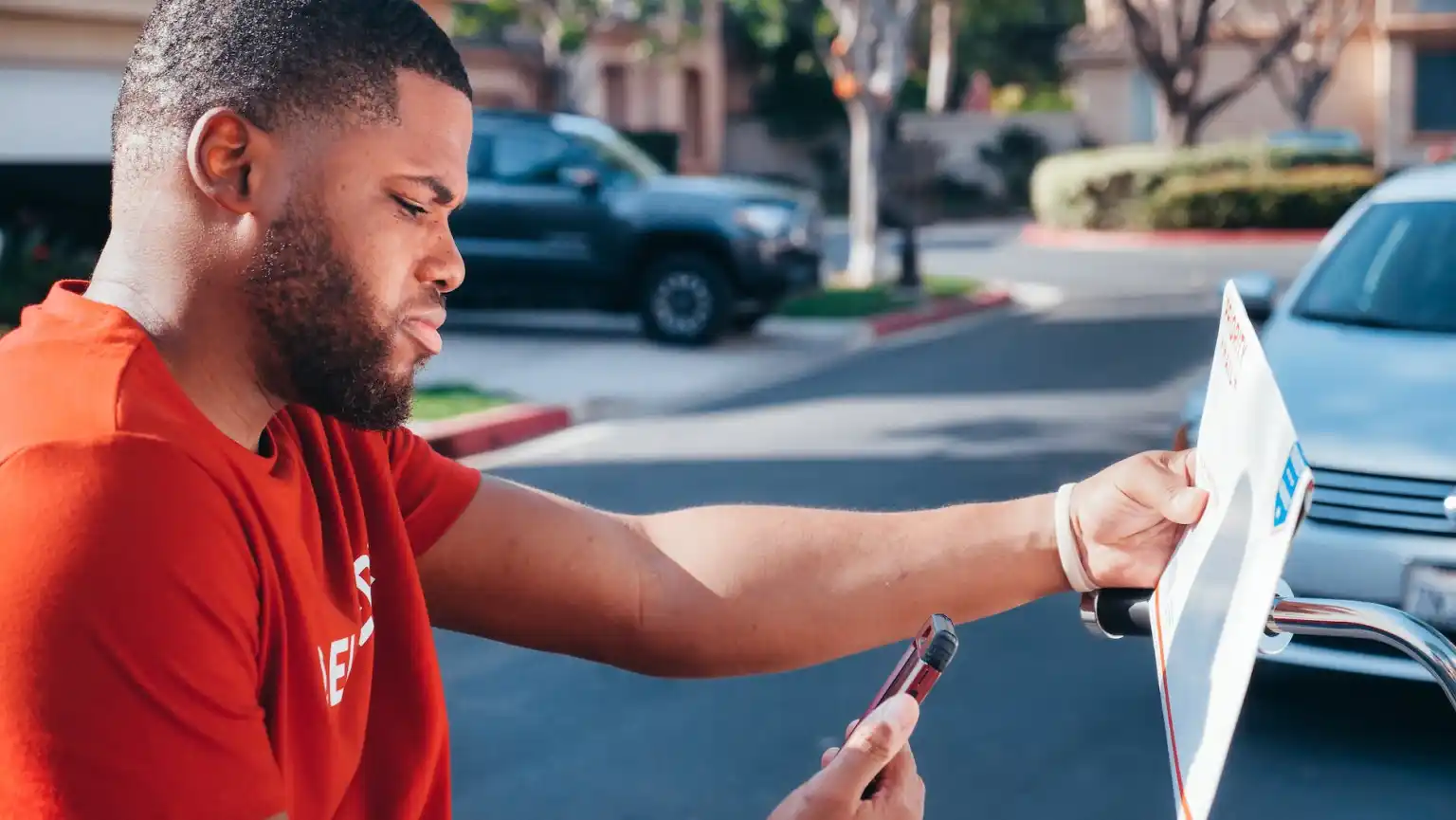


A process server should ideally have as many facts as possible. Unique situations exist in each case to determine what is relevant, but these are some factors to consider when hiring a process server:
Although this fact seems rather logical, a process server needs to know the name of the person being served. What may not be as apparent, however, is the best practice of providing any nicknames that the person may respond to when called. An expert process server may well use this information as additional proof that service was perfected on the right individual. For example, calling out, “Hey Robert” may not get a response, whereas calling out, “Hey Bobby” may get the subject to turn around as a knee-jerk reaction and result in a successful serve.
This is another obvious piece of information that a process server should know. This would include home, work or any other locations that are relevant to the target. It would be wise to gather all of these addresses, and then consider which one would give the best chances of a successful serve that is uneventful and unchallenged. Collecting this information in advance also saves time and money as it can prevent the necessity of hiring a process server twice to get legal documents served.
Knowing exactly what the subject looks like can also help assure positive identification. Once a person realizes that a process server is serving documents, he or she will sometimes lie and claim to be someone else such as the next-door neighbor or a friend of the home owner. When this happens, a picture is worth a thousand words! In addition, when process server gets a target to respond to his or her name (as mentioned above), the claim may be advanced, for example, “I am Bobby Smith and not Bobby Jones”, in order to evade service. A general description or photograph in hand can quash these deceitful attempts.
This basic information can be very important in many situations. When possible, a process server should know the make, model, color, license plate and any unique identifying features (e.g., different color door, cracked windshield or missing bumper) of the target’s vehicle. One reason, for example, is when a process server sees a subject’s vehicle gone from the driveway on one service attempt, but then present during another attempt, this of course increases the chances of the target being at home. Where service of process will be attempted in a public place, the presence of a matching vehicle can alert a process server that the target has possibly arrived, and therefore the service attempt can move forward.
Most people are creatures of habit as they create daily and weekly routines to manage their busy schedules. This fact provides a process server an excellent opportunity to know where and when a target will appear for a chance to serve. Does the person you need to serve go to the gym every Thursday? Perhaps, this person can be found at a daycare center every weekday morning for drop off of a child? Providing such details can greatly help achieve success.
If a target has family members in his or her life, which of course is quite common, having information about these relatives can become invaluable to a process server. One clear example is in the instance of identical twins, triplets, etc., but knowing that a target has a brother, sister or cousin who is not identical may also help. As previously mentioned, people sometimes try to be someone else when being served legal papers. It is also true that family members, who are close in age or look somewhat alike, sometimes claim to be one another. If a process server attempts to serve the correct target, but he or she claims a cousin, additional information on the cousin (including maybe a picture) could totally disprove this lie. At the same time, a process server may mistakenly try to serve a family member, while thinking that this person is actually the target, and the family member plays along by not telling a process server his or her true identity. Later, the claim of invalid service eventually makes its way to the court because the relative was served instead of the target, in order to further frustrate the legal process. This is especially damaging in situations when personal service is absolutely required. As a way to prevent these and similar issues, let a process server know as much information as possible about any relatives of the target.
Using public records to provide information to a process server can be invaluable. Clerk of court websites are often free to access and only take a few seconds to search for a current address. Also, try local municipal court records as they can be a gold mine. For example, a check of Akron Municipal Court case records may well show a person’s driver’s license number and vehicle information if he or she ever had a moving violation. Some of the data is not up-to-date in these records, but reviewing all of it could be a start to finding information that is current. Know that this type information is not available in all jurisdictions, and sometimes it comes at a price, but it is worth a look.

Feb 20, 2026

Feb 20, 2026

Feb 20, 2026